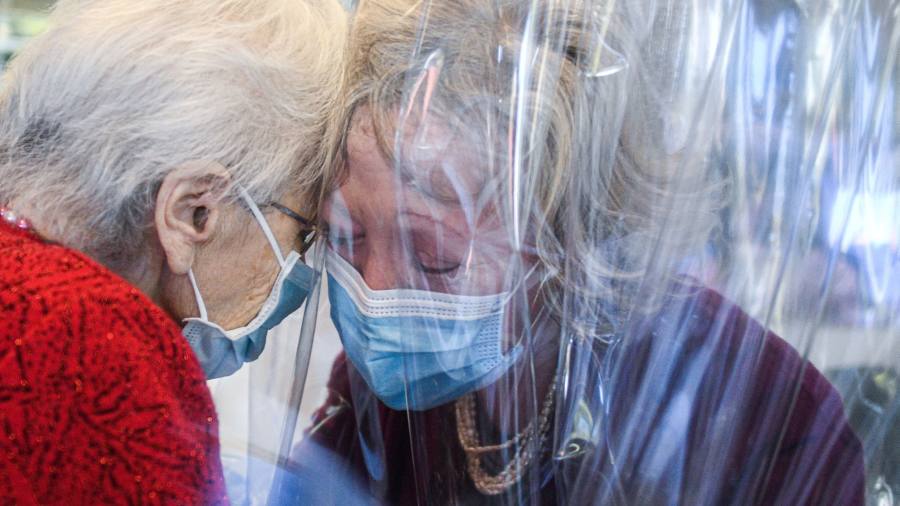The writer is a professor at UCL and chair of the World Health Organization Council on the Economics of Health for All
Even though Covid-19 is no longer formally a global health emergency, the virus is still with us and increasing the burden of disease. The pandemic has permanently changed the world: the new Pandemic Accord currently being negotiated among WHO member states is testament to that. We need to be prepared to respond to the next pathogen that poses this level of threat — one that could be deadlier than Covid-19 — and prevent it from devastating our lives.
However, the leaked draft text of this accord reveals that we may be on the verge of discounting what we have learnt over the past three years and squandering this opportunity to safeguard our futures. In our final report, the WHO’s Council on the Economics of Health for All argues that the cost of inaction now is greater than the cost of action.
First, we need to work towards a new global financing mechanism. Second, innovation needs to be for the common good. Scientific information must be shared freely across borders and innovations, particularly medical ones, must be used to ensure health equity for all.
Instead, governments in low and middle-income countries are having to reinvent the wheel with regards to crucial vaccine technology. What they need is rapid technology transfers on reasonable terms from big pharmaceutical manufacturers in rich countries.
These governments have experience in dealing with epidemics and pandemics, as do pharmaceutical manufacturers. They contributed to the global effort to fight Covid-19, including sharing biological samples for the common good, and should not be kept from reaping the benefits of technologies developed from the information they shared. The Pandemic Accord offers a path to correct these failures while maintaining the sovereignty of each country.
Why does this matter? During Covid we saw a vaccine apartheid divide the world, the culmination of an innovation governance regime not fit for global pandemics. In almost all cases, innovations have been developed with large government investments and strong regulatory support. This included advanced purchase agreements that allowed pharmaceutical companies to conduct research without the risks that producers of new pharmaceuticals would typically face. It also included at least $31.9bn to develop, produce, and purchase mRNA Covid-19 vaccines by the US government. The benefits of this research, however, have been placed behind the unscalable walls of intellectual property, in the service of profits instead of population health.
The global accord currently being drafted must ensure that publicly-funded research and development serves the common good. The leaked text shows that conditions for the transparent publication of prices of pharmaceutical products, along with data sharing and technology transfer, will be voluntary. This would be a grave mistake — the same made during the pandemic, when hundreds of millions across the world were denied timely vaccines, in part because of the desire to maximise the profits of a few companies. And this is not just about prices, it is also about conditions for technology sharing: intellectual property rights have been badly governed.
We require an urgent, transformative shift in the way we approach finance — one that generates the fiscal space that developing countries so critically need for health investments. The Pandemic Accord needs to establish a system to forge substantial advances in our preparedness for the future, one that goes beyond conventional global health financing structures. It must be driven by knowledge sharing, inclusion, access and transparency.
Only through global policy, with financial and legal commitments from governments and international bodies like the WHO, can we prevent and prepare for the next pandemic. The accord is an important step in that direction. However, we risk taking several steps back if the commitments to govern innovation do not reflect the values of health for all.
We cannot continue under the outdated donor-beneficiary model, which erroneously perceives prevention, preparation and response as a mere “development” project. The Pandemic Accord must establish that the necessities, gaps, advantages and obligations of dealing with global health threats — while different everywhere — are shared. The collective responsibility we all bear for averting crises that will affect us all must come first.
Read the full article here




